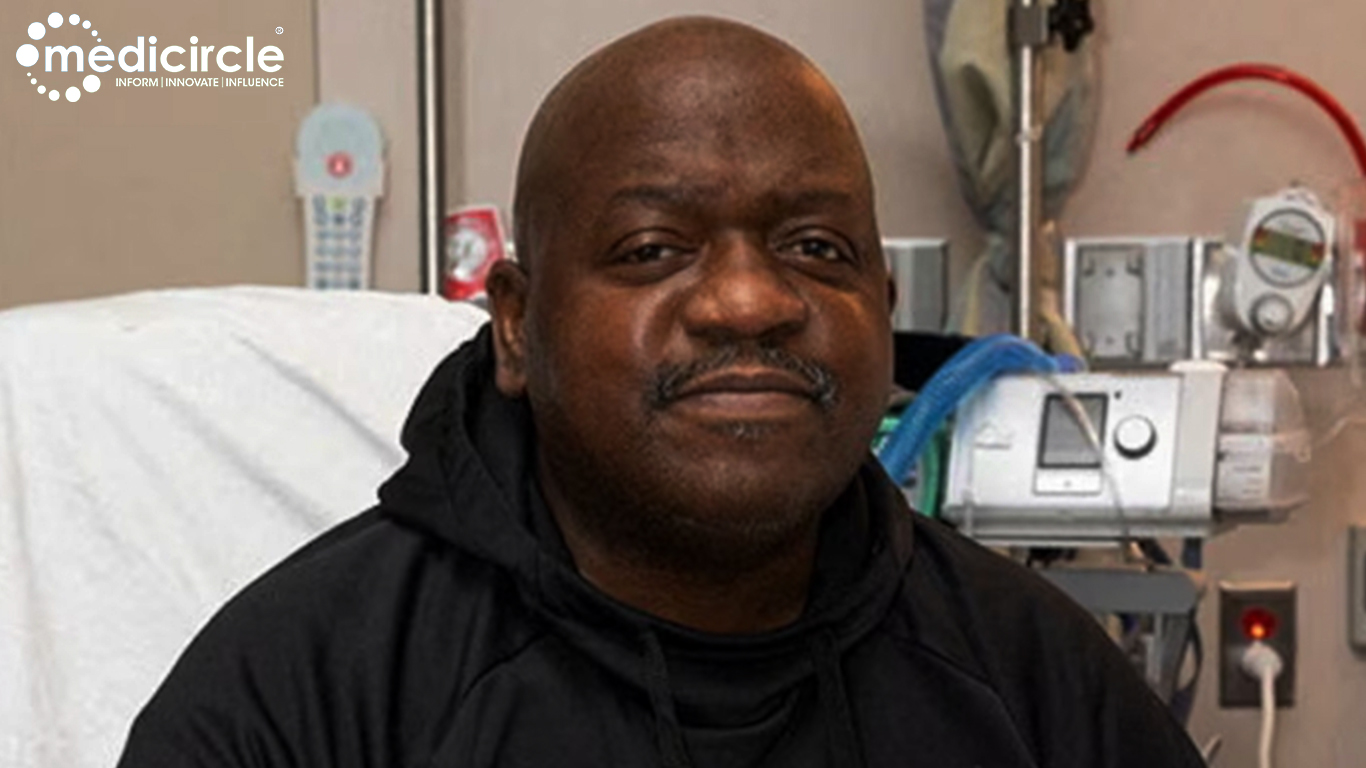Business pioneers are reasonably centered around the present time and place of the Covid-19 pandemic, yet there's an approaching second-request emotional wellness emergency that is just starting to rise because of worldwide isolates and a gigantic, abrupt move to telecommuting. Since the flare-up of the pandemic, 75% of individuals state they feel all the more socially disengaged, 67% of individuals report higher pressure, 57% are feeling more prominent uneasiness, and 53% state they feel all the more sincerely depleted, as indicated by a worldwide investigation of more than 2,700 representatives across more than 10 enterprises attempted by Qualtrics and SAP during March and April 2020.
As people we can deal with change, however, we don't do well with vulnerability. Given the gigantic vulnerability everybody is confronting — financially, by and by, and expertly — these psychological wellness insights are as unsurprising as they are disturbing. Utilizing the information from the examination and our understanding as CEOs, we have recognized five stages each pioneer and chief should take to have a quick effect:
1. Open the Door
Almost 40% of individuals state their organization has not asked them how they're doing since the pandemic started. That is stunning. Individuals in this gathering are 38% bound to state their emotional well-being has declined since the episode of the pandemic. How might we hope to support our kin on the off chance that we don't ask how they are getting along? So stage one is to just ask, "Are you OK?" I presume that a longing to regard protection is hindering these director representative discussions. Be that as it may, in our investigation, almost three out five of individuals said they are OK with their chief proactively getting some information about their emotional wellness. Much more critically, over 40% of individuals said they need their director to suggest the topic. So make the way for a discussion by inquiring as to whether individuals are alright, and afterward let them stroll through that entryway in the manner they are generally happy with, tolerating that around 40 percent of representatives will decide not to lock-in. That is alright, as well.
2. Exhibit Supportive Listening
For representatives who do decide to discuss their psychological well-being, administrators need to rehearse steady tuning in. Try not to attempt to comprehend everything at the same time. Rather simply tune in, try to truly comprehend, and guarantee that individuals feel heard. What's more, don't be hesitant to open up yourself. The response can be an amazing asset to assemble trust. Offer how you by and by are dealing with the new typical. Be defenseless. As indicated by our information, generally 40% of individuals at each position level of an organization have seen a decline in psychological wellness. That implies that whether you're the CEO, a mid-level chief, or a cutting edge representative, you are similarly prone to be languishing. The sooner individuals acknowledge they are not the only one in this, the better we'll be at supporting one another.
3. Be Consistent
Discussing psychological wellness is certifiably not a one and done discussion. One approach to assist individuals with managing vulnerability is by giving consistency, particularly in how and when you impart. With regards to the pandemic, over 90% of individuals said they needed in any event week by week correspondence from their organization; 29% said they incline toward day by day correspondence. With regards to talking about psychological well-being explicitly, individuals state that by a long shot the best type of organization correspondence is a call straightforwardly from one's administrator. Representatives who state their administrator isn't acceptable at conveying are 23% bound to encounter emotional wellness decays. Standard, reliable correspondence from chiefs is basic to guaranteeing individuals feel upheld.
4. Keep a Constant Pulse
It's not just about helping our supervisors deal with their groups, we have to deal with our administrators too — and we have to do it while keeping a steady heartbeat on the organization overall. To best do that at scale, organizations ought to send an ordinary representative heartbeat study to see how each group, office, and organization, in general, are doing. This isn't a second to be receptive as a pioneer: You have to advance beyond patterns and comprehend the assessment of your workforce so you can make a move rapidly.
Our examination found that almost one of every three representatives state their group doesn't keep in touch while telecommuting. Individuals who are missing casual contact are 19% bound to report a decrease in emotional well-being since the pandemic started. Such an extensive amount this stems from the way that with such huge numbers of individuals isolated in their own homes, we have lost the open door for watercooler discussions and improvised run-ins that give us vitality and sparkle new thoughts and joint effort. We can't duplicate that precisely, however, we have seen a significant number of our groups facilitating virtual cheerful hours to end the week or having a virtual lunch where individuals can simply get up to speed, share stories, and look after association. By consistently running worker beat overviews you can start to spot issues early.
5. Impart Available Resources
In conclusion, ensure you are clear about the emotional wellness assets accessible to everybody at your organization. Practically 50% of laborers said their organization has not proactively shared what psychological wellness assets are accessible to them. Certainly, a few people need and need to use those assets, yet a lot more individuals simply need to realize that the assets are there. As we noted, individuals don't do well with vulnerability. That is the reason just
realizing that assets are accessible goes far to ease uneasiness and stress. Individuals who said their organization has proactively shared how to get too emotional wellness assets are 60% bound to state that their organization thinks about their prosperity.
The psychological wellness emergency originating from Covid-19 is not kidding and will be with us for quite a while to come. How about we approach it with empathy, genuineness, and receptiveness. We will rise out of this as better pioneers, better individuals, and better organizations.

 Harvard University Researchers suggest ways how the bosses can help their employees manage mental stress, especially during a crisis. In a report mentioned by Ryan Smith, we can understand how to better things.
Harvard University Researchers suggest ways how the bosses can help their employees manage mental stress, especially during a crisis. In a report mentioned by Ryan Smith, we can understand how to better things.

























.jpeg)






